Metabolic Advantages of High Protein Diets
According to the Journal of Food Science, studies have shown that higher protein diets can promote the following:
- Promote weight management
- Enhance glycemic regulation
- Increase intestinal calcium absorption (improves bone density)
You might be wondering how protein can benefit your metabolic health. This is attributed to protein's digestive and absorptive properties and the essential amino acid (EAA) content of protein itself.
What Are the Benefits of Protein?
Every single cell in your body contains protein. You need protein in your body to repair and grow cells. Protein is also made up of amino acids, which your body uses to build and repair muscles and bones and to make hormones and enzymes. It is one of the three major macronutrients that make up your diet. Here are some additional benefits of protein for the body:
- Protects the body from viruses and bacteria
- Promotes proper growth among children, teens, and pregnant mothers
- Repairs cells and helps make new ones
- Helps develop muscle growth
What Happens if You Don't Get Enough Protein in Your Diet?
Simply put, you need protein to lead a healthy life. Without it, you can lose muscle mass, weaken your immune system, get brittle hair and nails, and slow down your metabolism. This is called a protein deficiency and is very rare in the United States, usually affecting people in third-world countries where protein is more scarce. Protein deficiency can lead to lower energy levels, hair loss, and edema, or swelling caused by excess fluid in your body's tissues.
How to Get More Protein Into Your Diet
According to Harvard's T.H. School of Public Health, the best source of protein is animal-based protein. According to their Nutrition Source, "animal-based foods (meat, poultry, fish, eggs, and dairy foods) tend to be good sources of complete protein, while plant-based foods (fruits, vegetables, grains, nuts, and seeds) often lack one or more essential amino acids." Here are our recommendations for protein sources for those who eat animal protein:
- 4 ounces of sockeye salmon (we recommend PureFish - we use their fish in our meals too!)
- 4 ounces of poultry
- 4 ounces of red meat
- 3-4 pasture-raised eggs in a meal
Other helpful tips for getting more protein in your day, include snacking on a high-protein, low-sugar yogurt, adding protein powder to food items like oatmeal, chia pudding, and/or smoothies, and opting for vegetables that have more protein, such as broccoli, cauliflower, and asparagus.
If you are vegan or vegetarian, here are our recommendations for protein sources:
- 1 to 1.5 cups of cooked lentils or legumes
- Vegan protein powder, such as Organifi's Complete Protein Powder
- Tofu
- 3-4 pasture-raised eggs in a meal (for vegetarians)
- Protein-rich vegetables (green peas, cauliflower, broccoli, asparagus, avocado, Brussel sprouts, and mushrooms)
Some helpful tips for adding more protein into your diet, include adding high-protein vegetables throughout the day or as snacks, choosing nut butters high in protein, and finding vegan/vegetarian protein bars or plant-based yogurts that are low in sugar to snack on in between meals.
Primal Balance Nutrition Offers High-Protein Meals Delivered Right to You
We're big fans of a high-protein diet here at Primal Balance Nutrition, which is why all our meals contain plenty of protein (protein is actually the main focus in all our meals) to help you lead a long and healthy life. Be sure to check out our meal plans online to learn more today.

